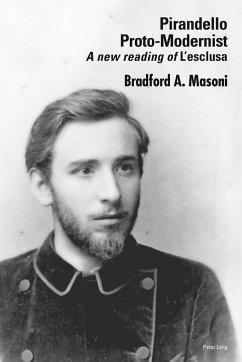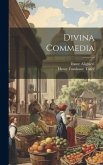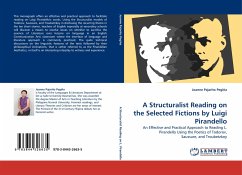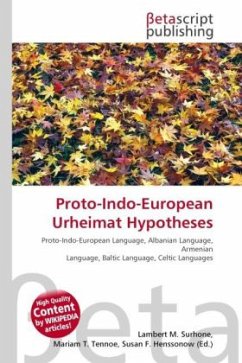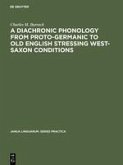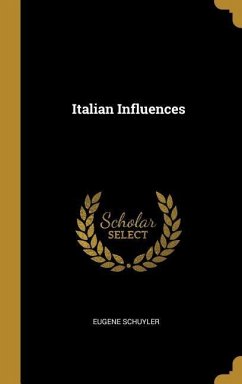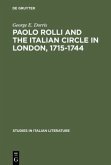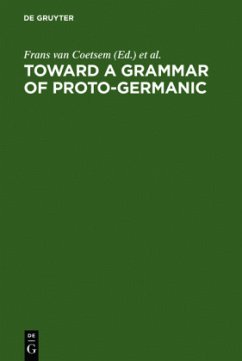Luigi Pirandellös first novel L¿esclusa, completed in its earliest form in 1893, straddles two literary worlds. On the one hand, it is clearly rooted in the late nineteenth-century realist mode, especially that of Italian verismo. On the other, Pirandello employs a style and an approach to narrative that anticipate both the theory of writing he would later lay out in his long essay L¿umorismo [On Humour] (1908), and the kinds of experimental writing that one associates with the author¿s later work and with early twentieth-century modernism in general. Examining the novel in light of its relationship to these two worlds not only gives readers insight into the trajectory of Pirandellös work as he developed as a writer, but also marks it as an example of the broader shift towards modernism that was already beginning to be made manifest in the works of novelists across Europe. This book provides a new critical evaluation of L¿esclusa, linking it explicitly to the theoretical principles aligned with Pirandellös later output and with early twentieth-century literary modernism in general. L¿esclusa and Pirandellös other early works of fiction have too long been overlooked, particularly by scholars working in English. The aim of this book is not only to connect L¿esclusa to Pirandellös later, better-known writing, and to literary modernism, but also to bring this forward-looking novel to the attention of readers in the English-speaking world.
Hinweis: Dieser Artikel kann nur an eine deutsche Lieferadresse ausgeliefert werden.
Hinweis: Dieser Artikel kann nur an eine deutsche Lieferadresse ausgeliefert werden.

